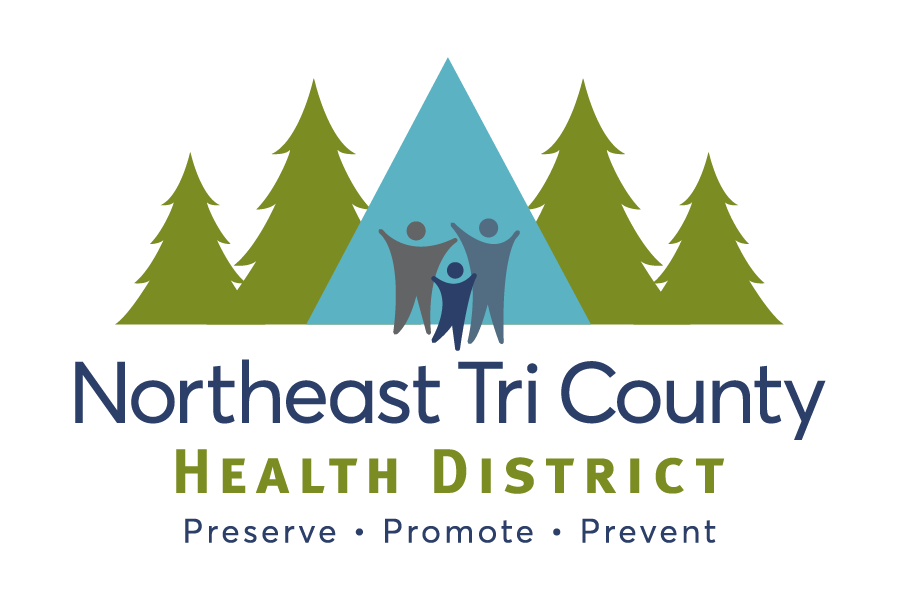
What is hand hygiene?
Hand hygiene refers to the use of hand washing with soap and water or alcohol hand sanitizer (60% alcohol or greater) in order to reduce infection rates, reduce transmission of antimicrobial resistant organisms and stop outbreaks of communicable disease.
Why is hand hygiene important?
- Clean hands are the single most important factor to prevent the spread of infections in healthcare settings.
- Hand hygiene reduces the incidence of healthcare-associated infections.
- Hand hygiene protects healthcare workers from acquiring diseases from their patients.
- The use of gloves does not eliminate the need for hand hygiene; hand contamination can occur through microscopic breaks in gloves.
When should I use hand hygiene?
- When starting work and before leaving work.
- After sneezing, coughing or nose-blowing.
- When entering or leaving exam/treatment rooms or moving away from patient “zone.”
- Between all patient contacts.
- Between clean and dirty steps of a procedure to prevent cross-contamination.
- Just prior to setting up supplies for a procedures.
- Before putting gloves on and after removing gloves.
- After using the restroom (must wash with soap and water).
- When hands are soiled or feel dirty (must wash with soap and water).
- After being exposed to/cleaning up stool (must wash with soap and water).
How do I wash my hands with soap and water?
- Wet hands with warm running water.
- Apply soap.
- Rub hands together for 15 to 20 seconds. Cover all surfaces of the hands and fingers, including fingernails, thumbs and wrists.
- Rinse hands thoroughly.
- Dry hands with a clean paper towel or air dryer.
- Use paper towel to turn off water faucet, if possible.
- Dispose of paper towel in a waste receptacle.
How do I use 60% or greater alcohol-based hand sanitizer?
- Place a quarter-sized amount of the sanitizer in palm of hand.
- Rub palms together. Use enough sanitizer to saturate all surfaces of your hands and wrists, until your hands are dry.
Remember
Healthcare personnel who have direct contact with patients should:
- Minimize the wearing of hand and wrist jewelry.
- Avoid wearing artificial nails or nail enhancements. Keep natural nails less than one quarter of an inch long.
- Hand sanitizer does not kill all viruses or bacteria. It does not kill norviruses or difficile.
